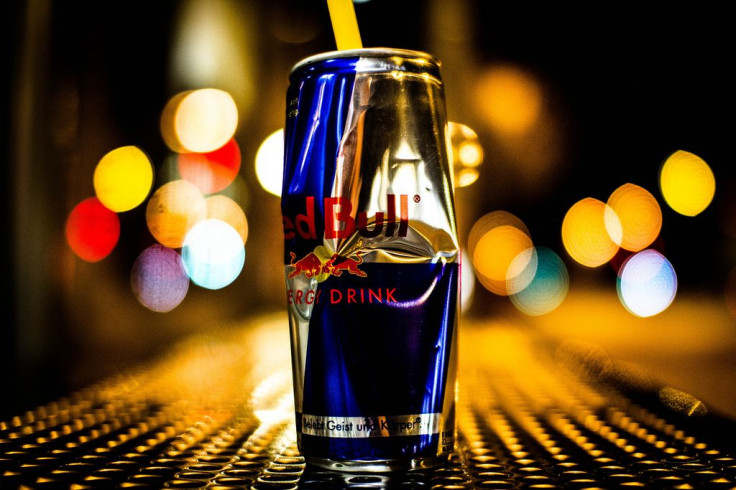Energy Drinks And Your Heart: All That Caffeine Can Alter Heart Rhythm, Increase Blood Pressure

Middlebury College in Vermont recently announced that it would ban the sale of energy drinks on campus by March 7. While some liken the move to another example of governmental nannying, evidence continues to show the harms of drinking too much caffeine, with the most recent evidence coming from a study presented at a meeting of the American Heart Association in Phoenix on March 2.
"Our findings suggest certain energy drinks may increase the risk of having an abnormal heart rhythm when consumed in high volumes," said Sachin A Shah, an associate professor of pharmacy practice at the University of the Pacific's Thomas J. Long School of Pharmacy and Health Sciences, in a statement. "While we wait for more data, some consumers should exercise caution and not blindly follow the buzz."
Researchers from the University of the Pacific and David Grant Medical Center recruited 27 healthy adults between the ages of 18 and 40 who were willing to consume an energy drink. Participants were split into three groups: One was asked to drink two cans of an energy drink; another drank an equivalent volume of liquid containing panax ginseng, an ingredient commonly found in energy drinks; and another drank a placebo drink once a day, every six days, for three weeks.
Volunteers and participants had no prior knowledge of who would be receiving which drink. Heart rhythm and blood pressure measurements were taken before the drinks were consumed and four times during the six-hour period following consumption. Energy drinks were associated with a six-millisecond increase QTc interval, a marker of abnormal heart rhythm risk. Participants who consumed the energy drink also experienced an elevated blood pressure.
While participants from the panax ginseng and placebo groups experienced no changes in QTc interval or blood pressure measurements, the energy drink group experienced these effects for two hours after consumption. The research team noted that certain drugs come with a warning if they could potentially prolong QTc interval to a degree similar to the one experienced by participants from this study.
"Energy drinks are widely consumed within the college population, which further extends the relevance of this study," said Phillip Oppenheimer, dean and professor of pharmacy practice at Pacific.
According to the Center for Science in the Public Interest, energy drinks have been associated with a total of 34 deaths as of June 2014. Shah also headed up a similar study that was presented at an American Heart Association conference back in March 2013. Findings revealed a 10-millisecond increase in QTc interval among participants who consumed one to three cans of an energy drink.
Source: Oppenheimer P, Shah S, et al. Meeting of the American Heart Association. 2016.
Published by Medicaldaily.com



























